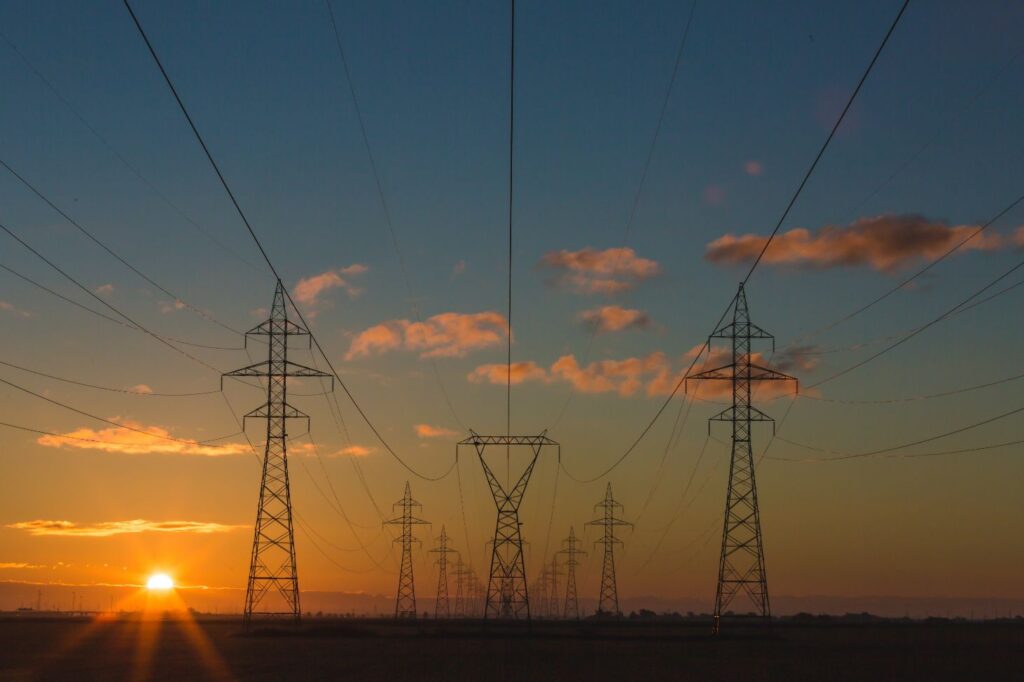An official stated on Monday that China will keep increasing its domestic energy reserves and supplies with the goal of having a total annual energy production capacity of more than 4.6 billion metric tons of standard coal equivalent by 2025.
Ren Jingdong, deputy director of the National Energy Administration, said on the sidelines of the ongoing 20th National Congress of the Communist Party of China that maintaining energy security is always the top priority for energy work in China, a significant global energy producer and consumer.
The government will further enhance a diversified domestic supply base with coal serving as both “the cornerstone” and also playing a supportive role in maintaining energy security while speeding up development of domestic oil and gas resources, Ren said.
To ensure that energy supplies remain reasonably resilient, he said, China will also strengthen its system of coal and oil reserves and speed up the construction of liquefied natural gas terminals and other facilities.
In addition, China is constructing a system to supply clean energy, such as nuclear, wind, solar, and hydropower. In order to support the country’s goal of non-fossil fuels making up 20% of total energy consumption by 2025 and 25% by 2030, it is also further optimizing its energy mix by constructing sizable wind and solar power facilities in the country’s Gobi Desert and other arid regions.
In addition to the quick development of clean energy, Luo Zuoxian, head of intelligence and research at the Sinopec Economics and Development Research Institute, suggested that China should fully utilize coal as a pillar of its energy strategy and give full play to the utilization of clean coal.

“At a time when the world’s markets are in turmoil, China faces a significant challenge in ensuring a sufficient supply of electricity. To further increase its energy security, China should increase upstream resource exploration and exploitation. China will steadily implement its carbon peak and neutrality targets in accordance with its energy resources,” Luo said.
To further improve the nation’s capacity for emergency response and disaster relief contingencies, Ren claims that the government will also keep promoting the development of monitoring and warning systems for energy security.
In the last ten years, installed renewable energy capacity in China has increased to 1.1 billion kilowatts, Ren said. Hydropower, wind, solar, and biomass generation capacities are among the highest in the world. China’s green transition has been gaining momentum, he added.
